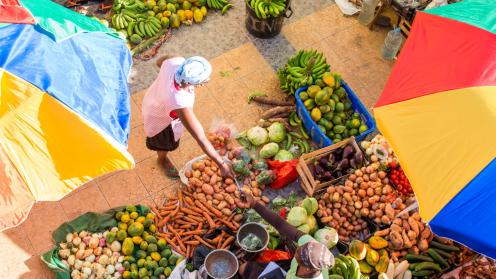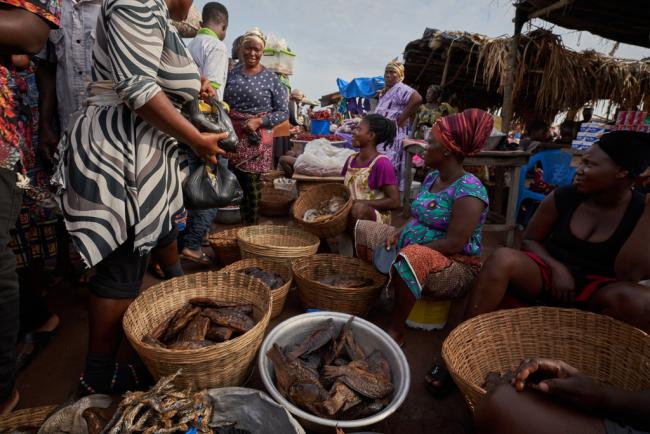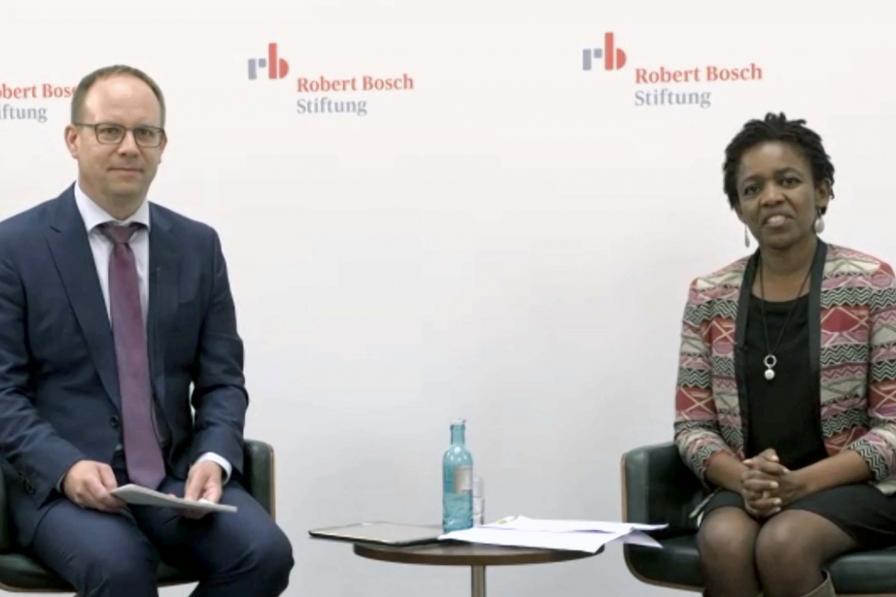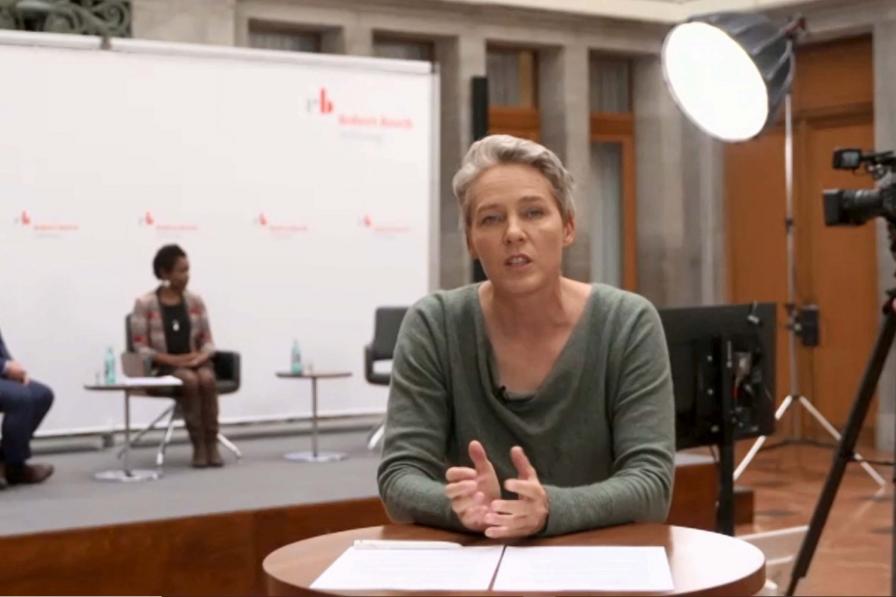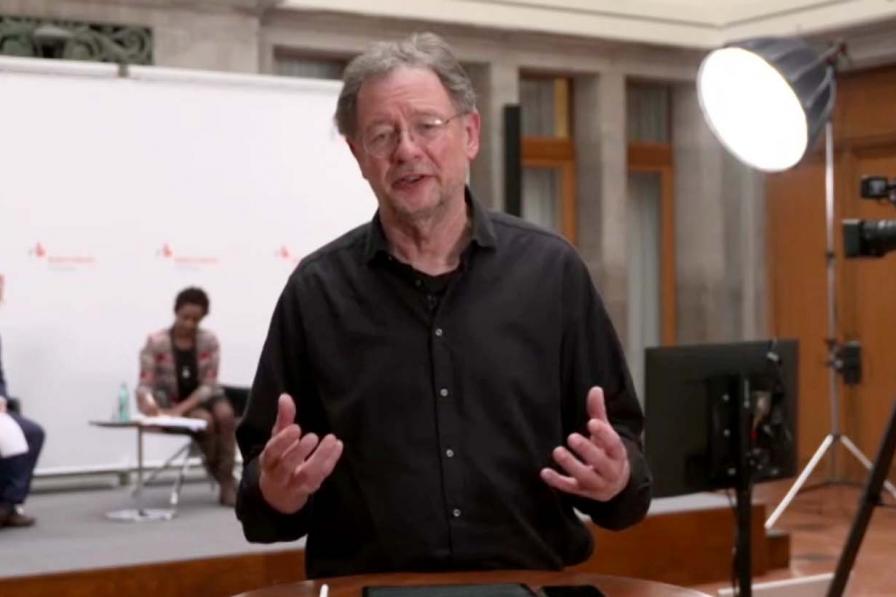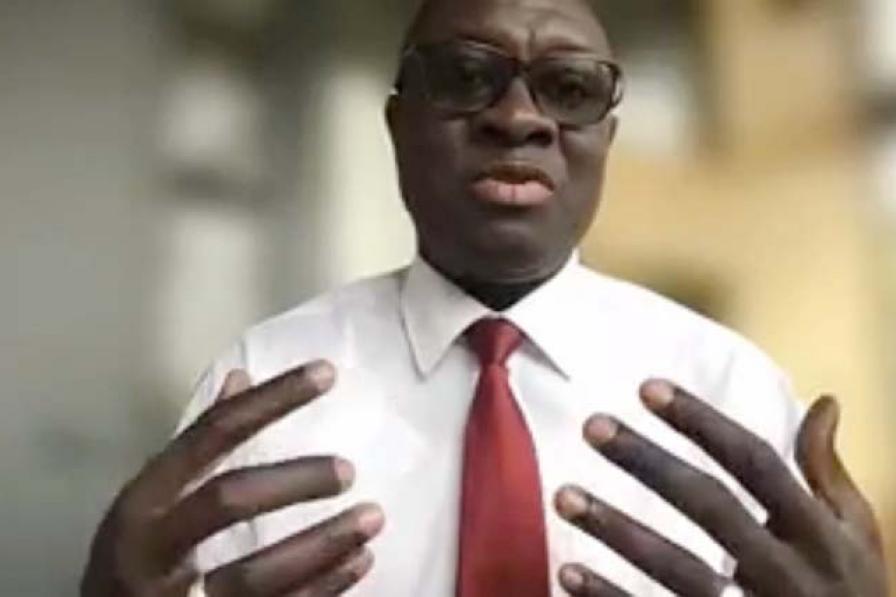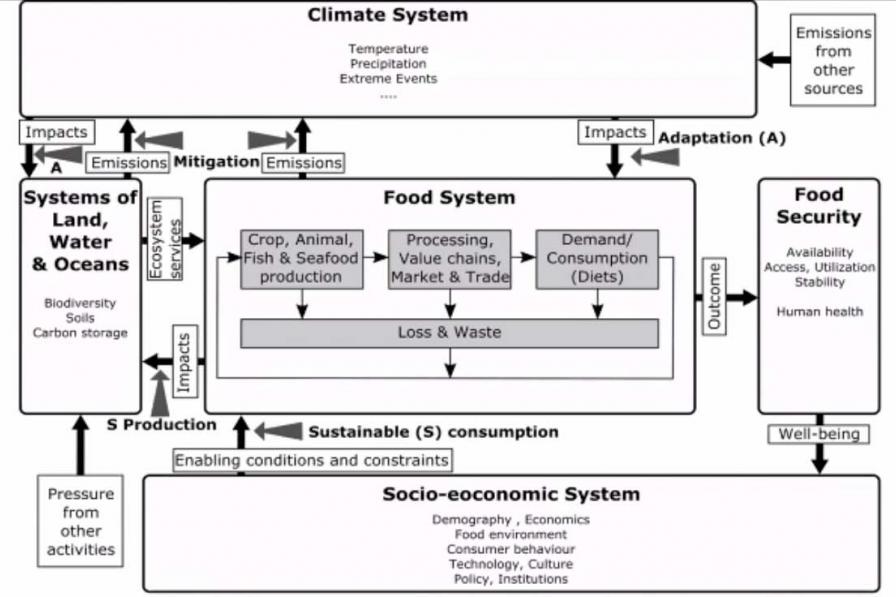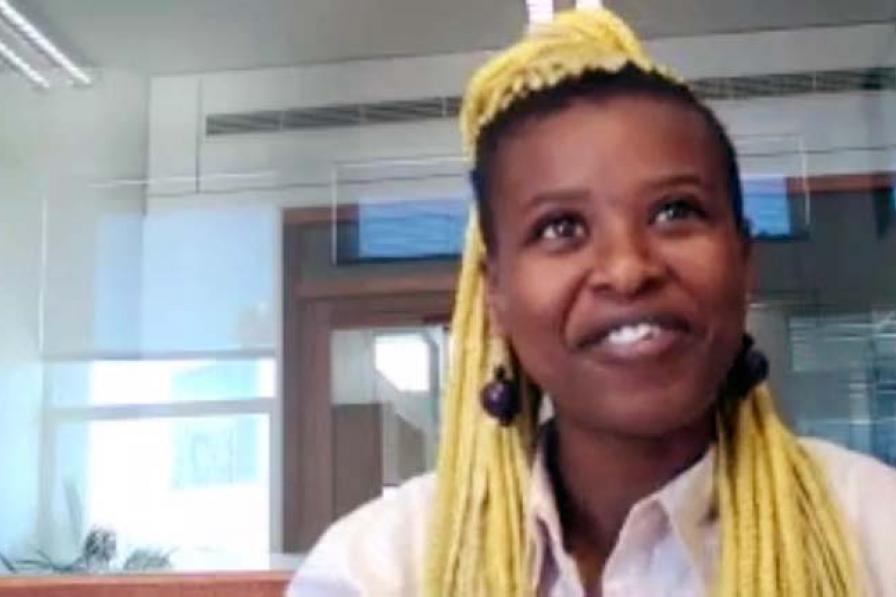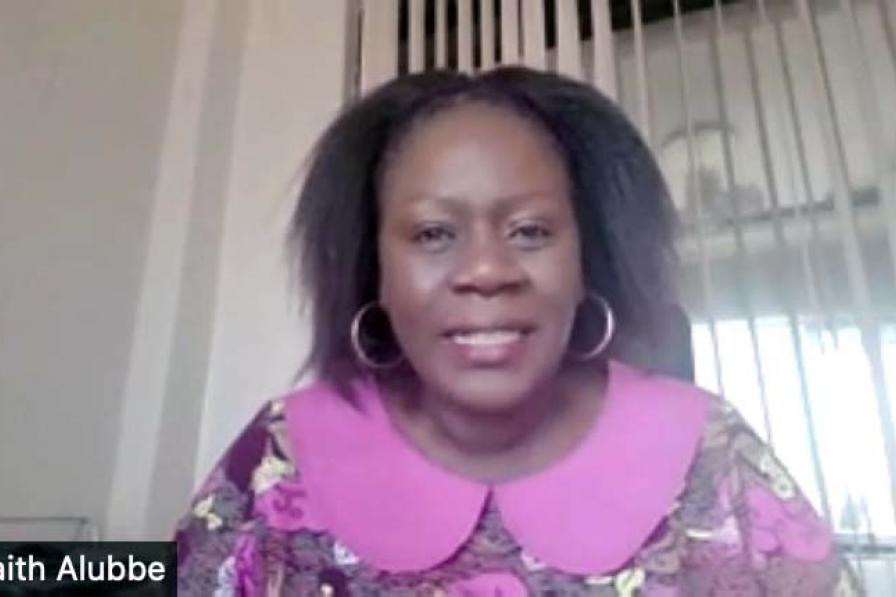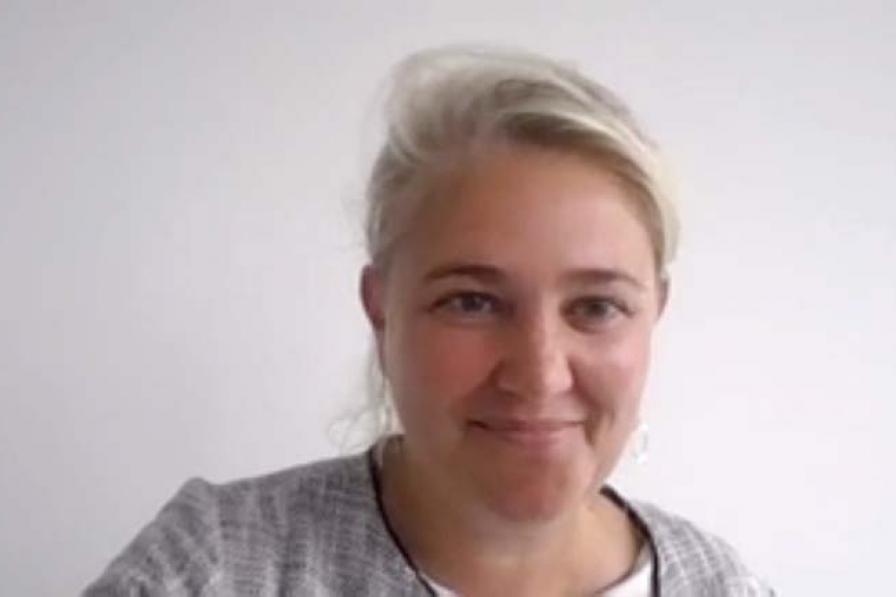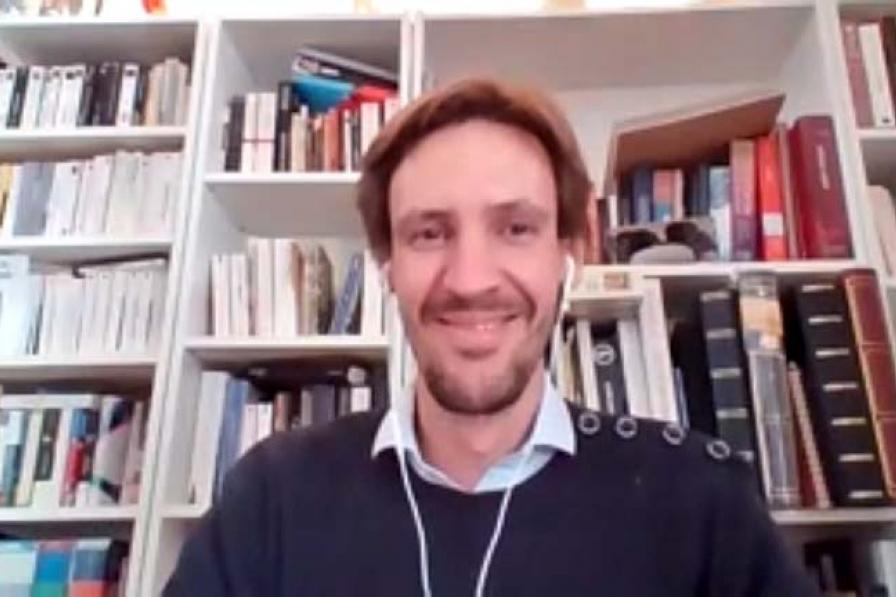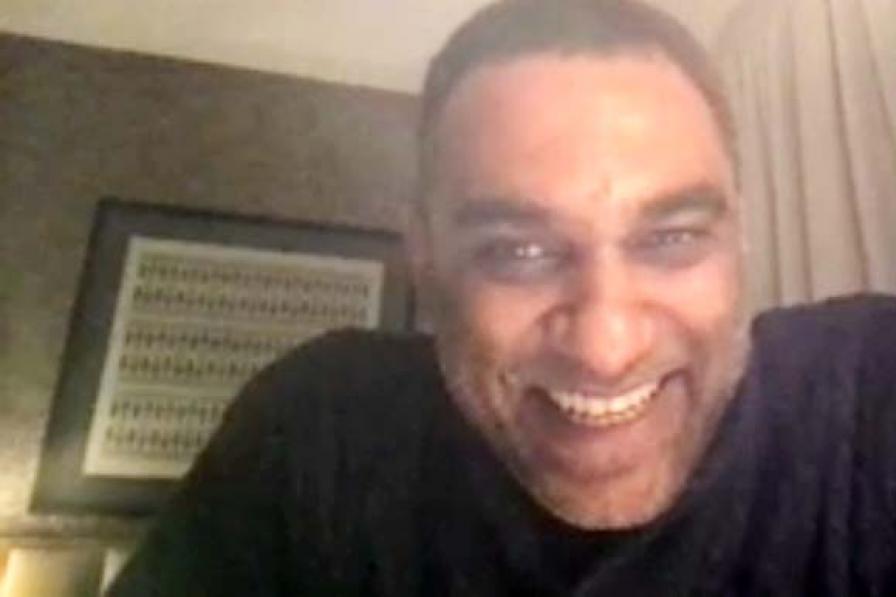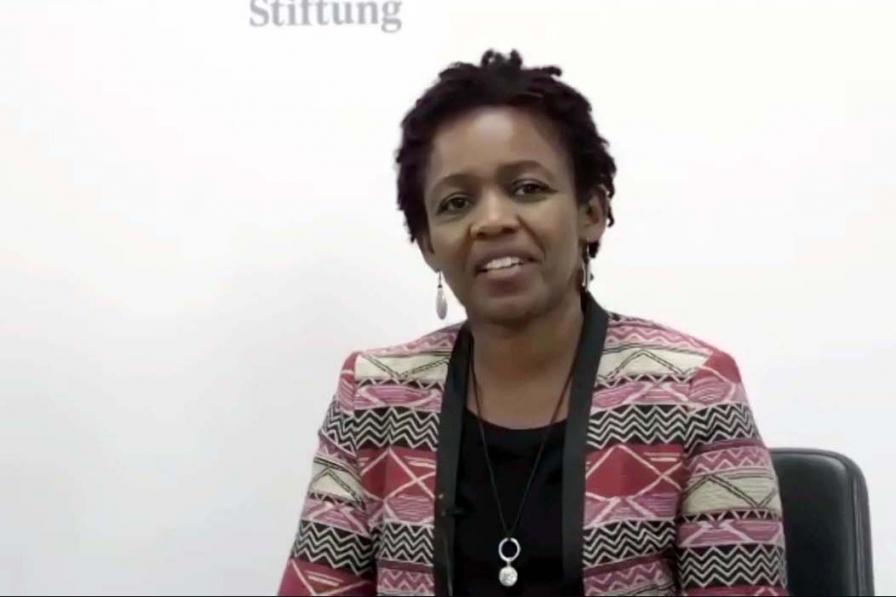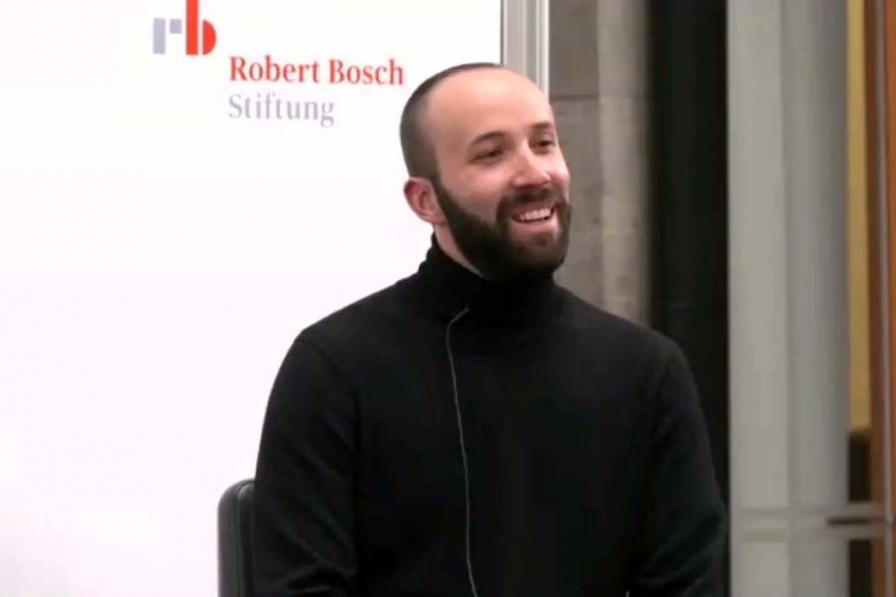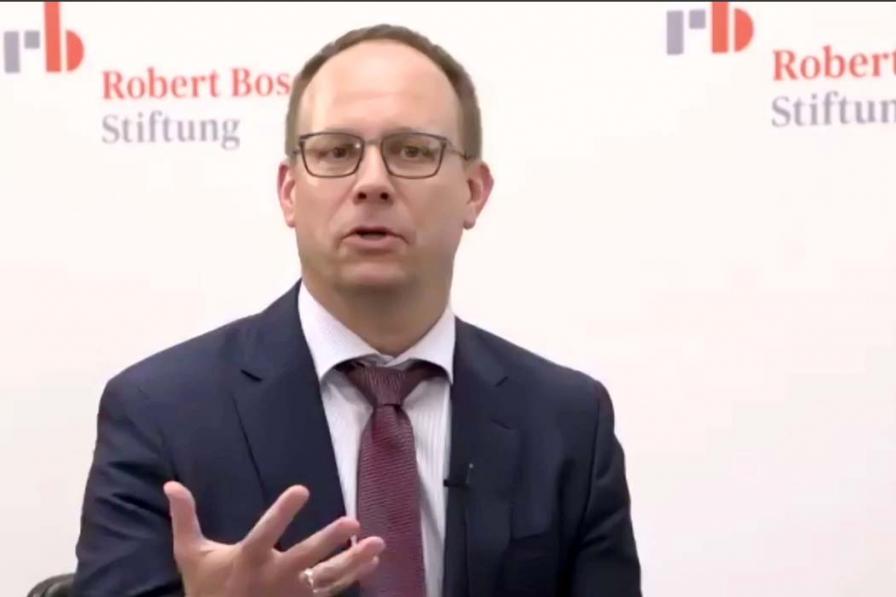This event was the second in a two-part joint TMG Research gGmbH – Robert Bosch Foundation event series on “Land-Food-Climate: An African-European Dialogue on Climate Resilience.” Bringing together speakers from the human rights, climate, development cooperation, and research sectors, it explored how international partnerships can help galvanize more inclusive climate governance at the national and sub-national levels in Africa.
In opening remarks, Gerrit Hansen, Robert Bosch Foundation, underscored the need to engage those most directly affected by climate change impacts and food insecurity in devising national development pathways. Wangu Mwangi, TMG Research, emphasized breaking silos between the agriculture and climate change communities. Jes Weigelt, TMG Research, recalled industrialized countries’ responsibility to drastically cut their greenhouse gas emissions to ensure vulnerable countries have the opportunity to adapt.
The first panel focused on rights-based perspectives on climate change policy. Panelists underscored the need to foster the engagement of marginalized communities in decision making, pointing to challenges related to illiteracy, language, and patriarchal structures, among others. Arts-based approaches were highlighted as a promising avenue for opening up room for future-oriented thinking. Speakers converged on highlighting that food is culturally-specific, saying food systems transformations should be tailored to different contexts.
The second panel addressed the role of African-European partnerships in implementing rights-based approaches. Panelists noted the importance of providing space and capacity building for communities to chart out their own aspirations rather than imposing global solutions, citing, among other things, the effectiveness of community-led restoration efforts. Speakers noted it is not lack of knowledge that stands in the way of sustainability transformations, but that knowledge, policy, and practice need to be better integrated, with “humble solidarity” from those holding power toward those whose voices have not been heard.
In a lightning talk, Kumi Naidoo, Founding Chair, Africans Rising for Justice, Peace and Dignity, highlighted the need for political will and changing mindsets, not just among policymakers and business leaders but also calling for activists to move beyond their own business-as-usual mindsets. He emphasized that marginalized and exploited people have significant knowledge, capabilities, and power, and these should be better harnessed to drive change.
Speakers underscored the importance of the involvement of small-scale farmers and other affected communities from the inception stage of new policies and programmes rather than casting them as passive recipients. Other points raised related to, among others: devising holistic approaches to tackle complex, interlocking challenges; fostering government institutions’ capacity to enable transformative rather than incremental change; and developing innovative financing and making sure financial support is aligned with local priorities.
In closing remarks, Alexander Müller, TMG Research, called for reflecting on the need for new global public goods, such as access to information. He emphasized that partnerships are not a one-way-street, noting European countries have much to learn from other countries’ experiences in dealing with weather extremes or implementing agroforestry or agro-ecology. Hansen urged addressing poverty and inequality, notably by ensuring secure land tenure, and pointed to the role of philanthropic organizations in creating space for dialogue.
To receive free coverage of global environmental events delivered to your inbox, subscribe to the ENB Update newsletter.
